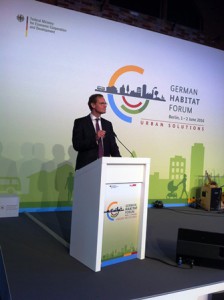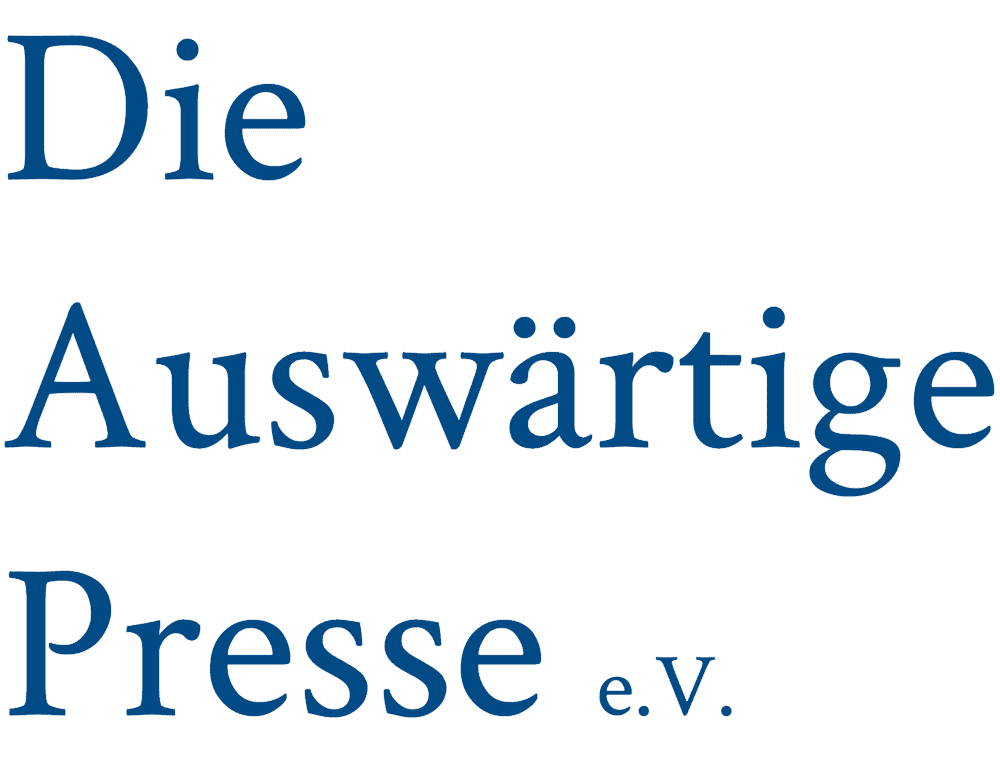von Dr. Immo H. Wernicke

Berlin welcomes United Nations Delegation in spring 2016
This article is a summary of a paper presented to the 8th International Conference on Business and Management in New York, being organized by the Global Strategic Management Inc. and chaired by Professor Matthew Kuofie from the Michigan University (USA) during June 24-25, 2016. The contribution has been published in the International Journal of Agriculture and Economic Development, Michigan, USA, June 2016.
Malnutrition of 800 Million people and refugee crisis
Politicians have to be aware of the worldwide need of sustainable growth also in the agricultural sector to overcome the explosion of world population, the expected ongoing migration from rural areas to the cities, the decrease of land and forests and the degradation of land and soil by exploitation and climate change. The UN (United Nations) General Assembly in New York (2015) fears an increase of global population from 7,000 to 9,600 Million by 2050 “three planets are required to provide the natural resources needed”. The global fight against malnutrition is demanded by the FAO (Food and Agricultural Organization of the UN) in Rome for providing better access to food and water for about 800 Million people mainly in Africa and for solving the refugee crisis.
Agricultural Master Plan for achieving the Sustainable Development Goals
Agricultural politics and the agricultural sector are addressed for achieving the SDG-program (Sustainable Development Goals) of the Agenda 2030 of the UN, a follow up of the Millennium Development Goals-program. To comply national politics with the SDG-program National Master Plans have to be set up in every country for covering 17 goals, targets and 230 indicators needed for monitoring and controlling the results.
Growth in agricultural production and productivity may be achieved by the transformation of large state owned holdings from Soviet times into private owned smaller agricultural holdings and cooperatives.
Promising seems to be the German and European Union concept of Agriculture 4.0. This policy concept promotes farmers and small and medium sized agricultural holdings to make more use of industrial innovations, such as the internet and digitalized machinery and equipment (radio controlled harvesters, drones for seeding and unmanned helicopters for crops monitoring). Farmers are also encouraged to make use of cost savings by Renewable energies, such as solar and wind craft energy and by Bio economy focusing on Bio mass being usable as bio plastics for 3 D printer technology.

Governing Mayor Müller welcomes German UN-Habitat-Forum
Upgrading official information systems and encouraging academic research
Policy makers are committed to promote the agricultural sector and also academic research, which is needed for the building of adequate econometric models covering goals and tools of the SDG-program. In many developing countries mainly those that are facing malnutrition, the infrastructure of the National Information Systems is to be upgraded to improve the accuracy of data for SDG monitoring and controlling by politicians.
The impact of “land grabbing”, cross border movements (Africa) and deforestation on production and productivity in the agricultural sector needs more research, too. Finally, the threats of ongoing civil wars and border conflicts due to borders from colonial times are to be debated at the UN and need urgent negotiations.
Retrievable from website http://www.gsmi-ijgb.com/Pages/IJAEDV4N1.aspx or from ijaed – gsmi-ijgb.com
